Located at 20 Old Brompton Road – Just Steps from ![]() South Kensington Tube. Easy Access, Always.
South Kensington Tube. Easy Access, Always.
We perform hepatitis A, B and C testing at our clinic located at South Kensington, London. You can request the hepatitis blood test alone or as part of your STI screening.
Hepatitis is a viral infection that may cause liver inflammation. Most times, hepatitis infection occurs from an infection, but some cases are due to drug use or excessive alcohol intake.
The symptoms of hepatitis vary but often include vomiting, jaundice, dark urine, light-coloured stool, nausea and loss of appetite. In mild cases of hepatitis infection, the infected person doesn’t show symptoms.
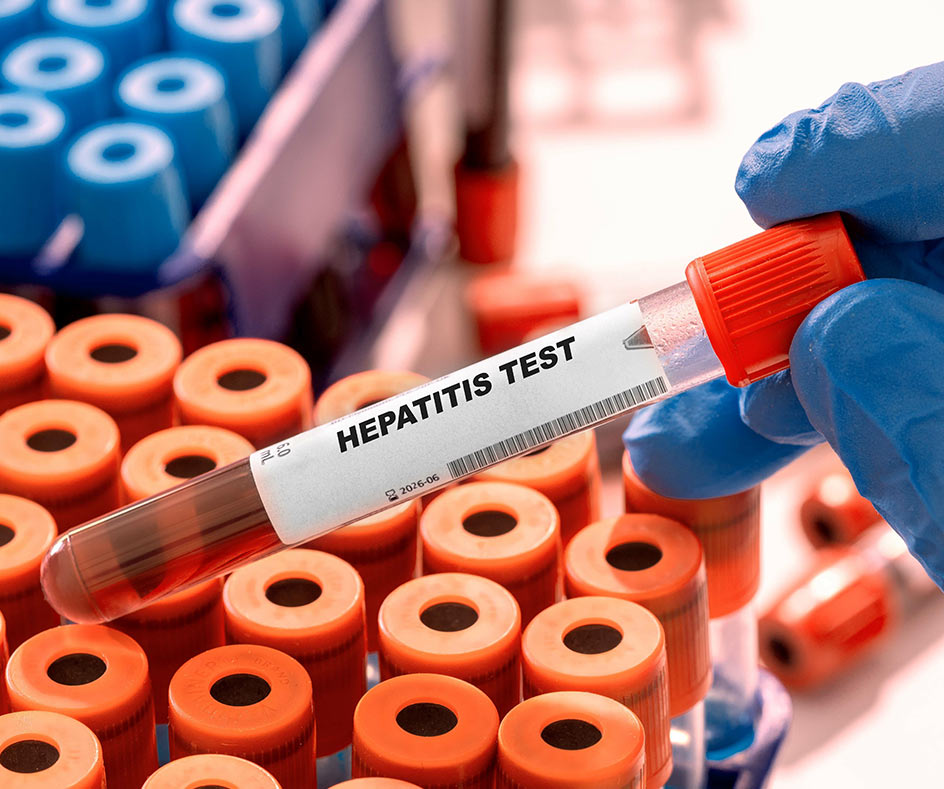
Hepatitis is an infection spread through sexual contact or contaminated water and food. The cases of hepatitis A have reduced significantly since the early 1990s. The Hepatitis A vaccine is available and protects people from hepatitis A infection.
Hepatitis A is a viral liver infection due to the hepatitis A virus. Hepatitis is an inflammation of the liver.
Hepatitis can spread via two routes. The transmission mode is via sexual intercourse, involving contact with the faeces or anus of an infected person. Penetrative sex, such as oral sex, with or without a condom, can lead to the further spread of hepatitis A.
The other transmission mode is through foods contaminated with faeces or someone experiencing Hepatitis A who hasn’t washed their hands properly before preparing food.
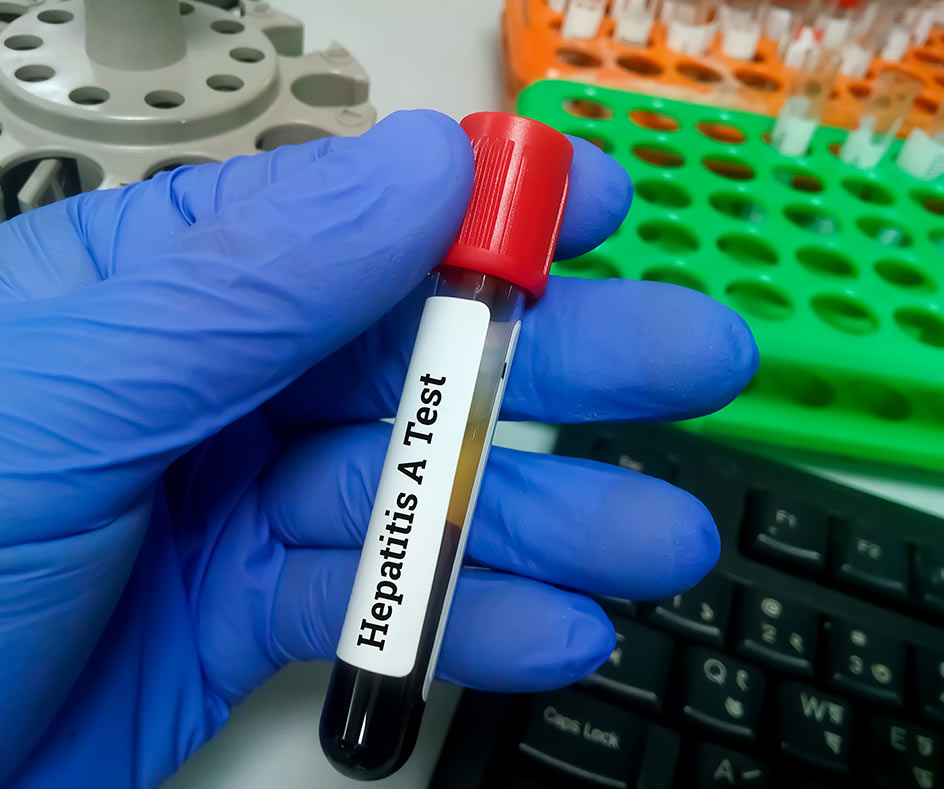
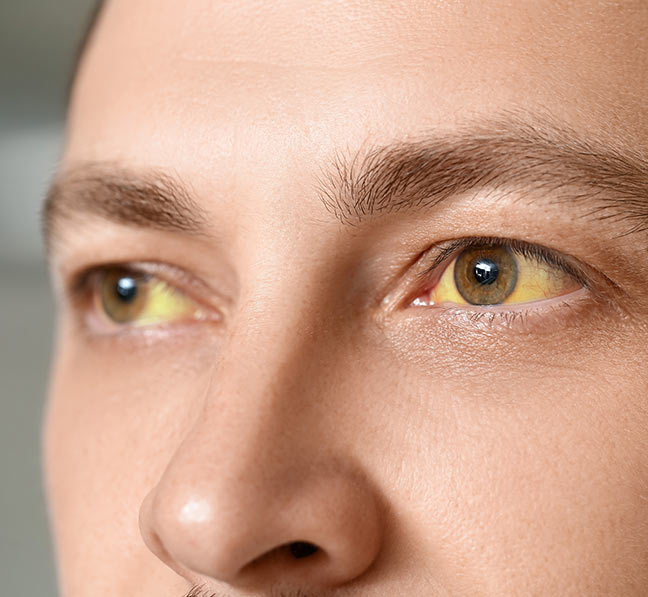
Adults and older children can experience symptoms of hepatitis A. its incubation period is between 14 – 28 days. If symptoms develop, they often appear abruptly and include:
Hepatitis A testing involves taking blood samples to check the liver function and detect hepatitis A. You may also need an ultrasound scan of the liver.
The doctor will email the hepatitis result when it is available. The result will be available within 1 – 2 days.
If you have a positive result, ensure you return to the clinic to discuss your results and get the necessary treatment and care.
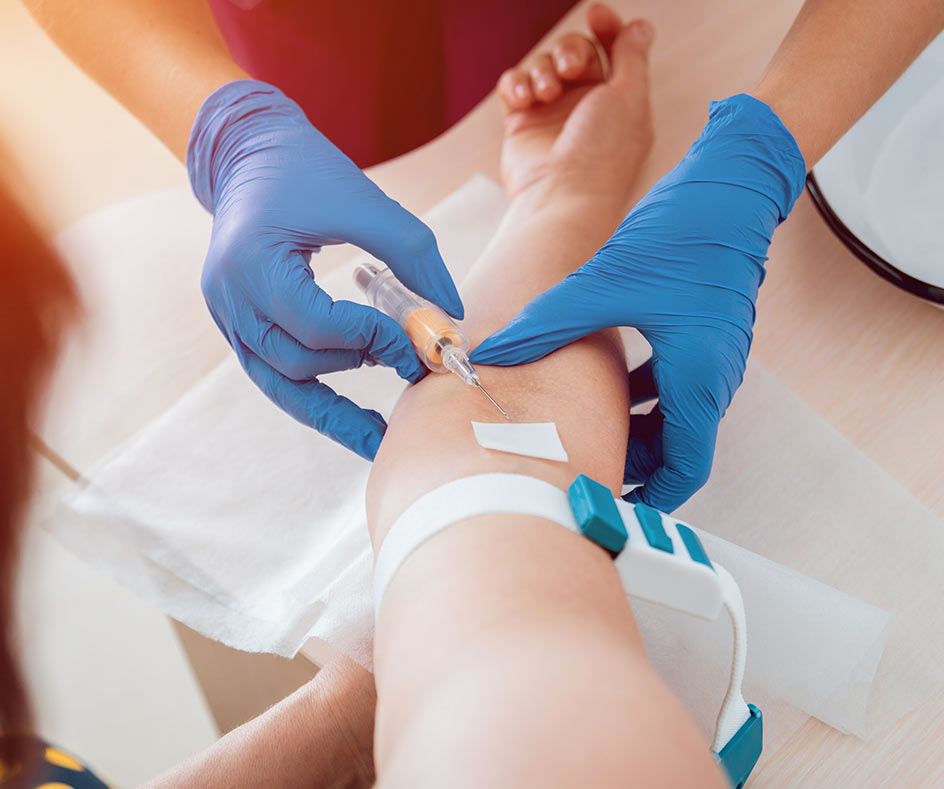
Hepatitis A has no specific treatment. Getting vaccinated before an infection is the best way to prevent hepatitis A infection, and vaccines are available at GP London. If you have close contact with someone with hepatitis A, get immunised immediately. Most doctors combine hepatitis A and B vaccination.
Ensure you observe water and food hygiene when travelling, such as avoiding salads, drinking bottled water, not using ice, and not eating foods that aren’t hot when served. Hepatitis A has an effective and safe vaccine.
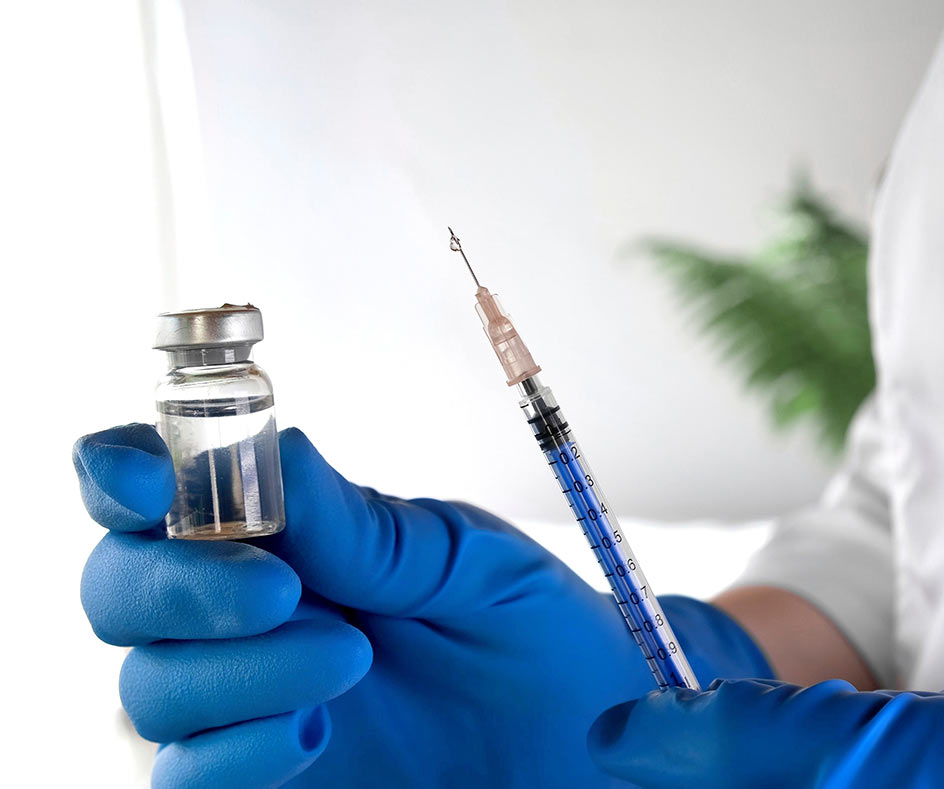
Hepatitis B infection spreads through sexual intercourse or contaminated blood or medical supplies. New cases of hepatitis B have reduced since the early 1980s. Hepatitis B has an effective vaccine to protect people against hepatitis B.
Hepatitis B is a viral infection carried in the blood which may affect the liver.
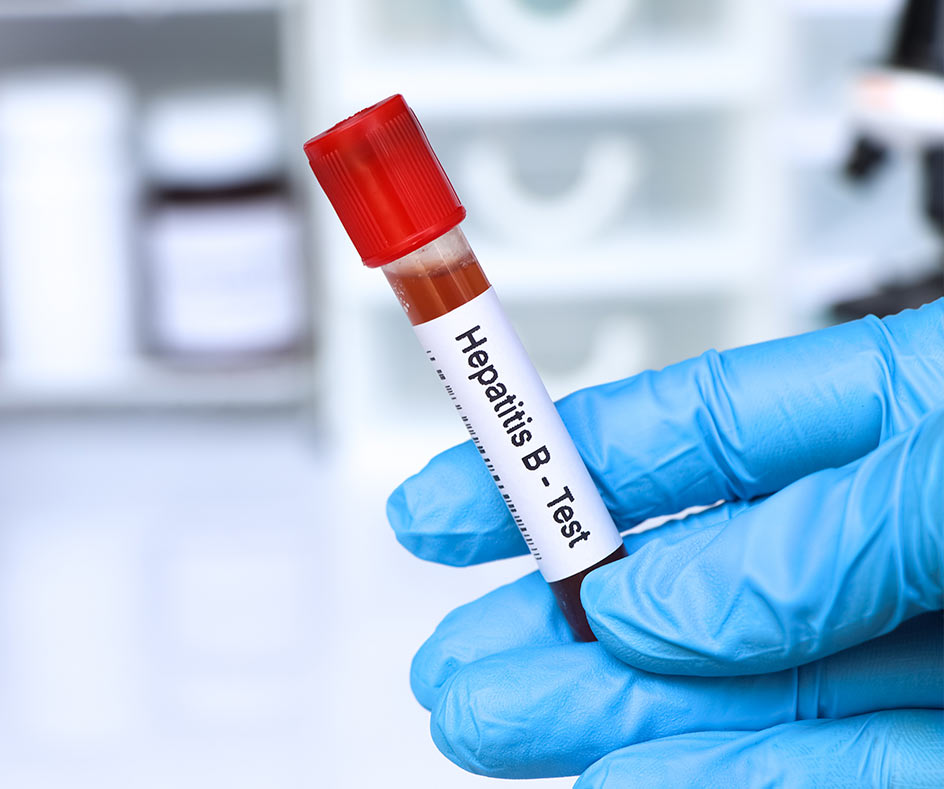
Hepatitis B is an infectious disease. This disease has 100 times more infectious than HIV and can spread through:
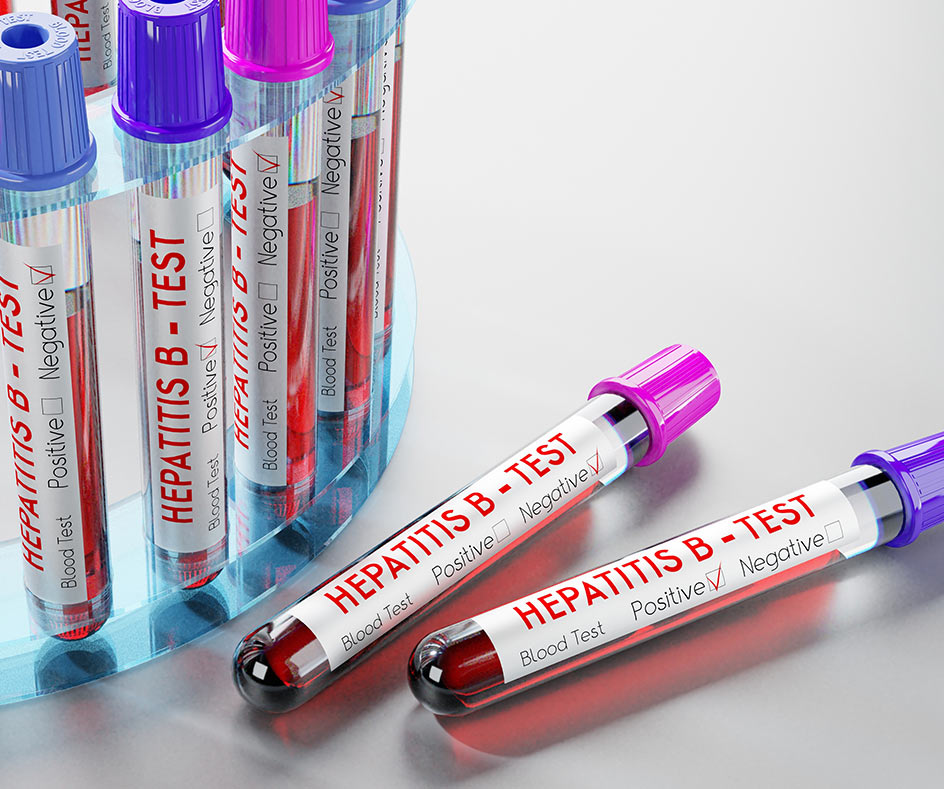
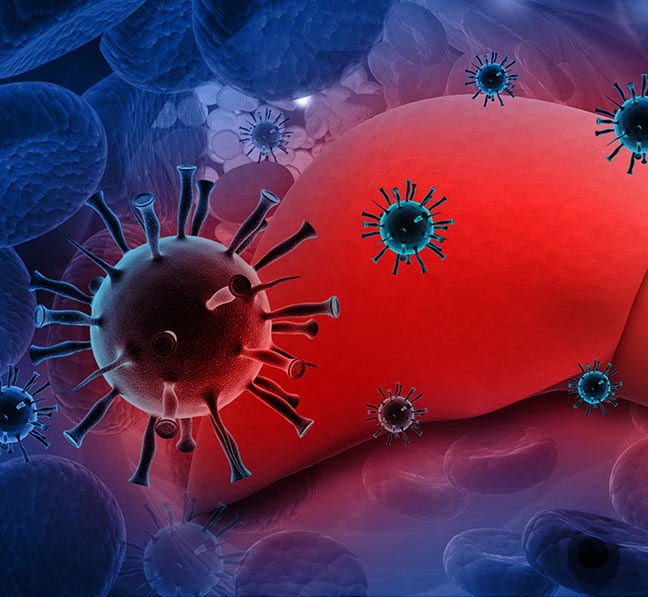
If you have hepatitis B, getting a hepatitis B test is necessary. Hepatitis B testing requires a simple blood test. Doctors recommend hepatitis B testing at least once a month after any exposure to the infection.
An early hepatitis detection test, which diagnoses hepatitis B after ten days of exposure, is available. The test isn’t 100%, and you need further confirmatory testing after a month.
Different treatments for hepatitis B infection are available. A specialist manages hepatitis B treatment, and we can give you a referral for a specialist.
Hepatitis B vaccination is available to protect you from hepatitis infection. You need to discuss with the doctor if you should get the hepatitis B vaccine.
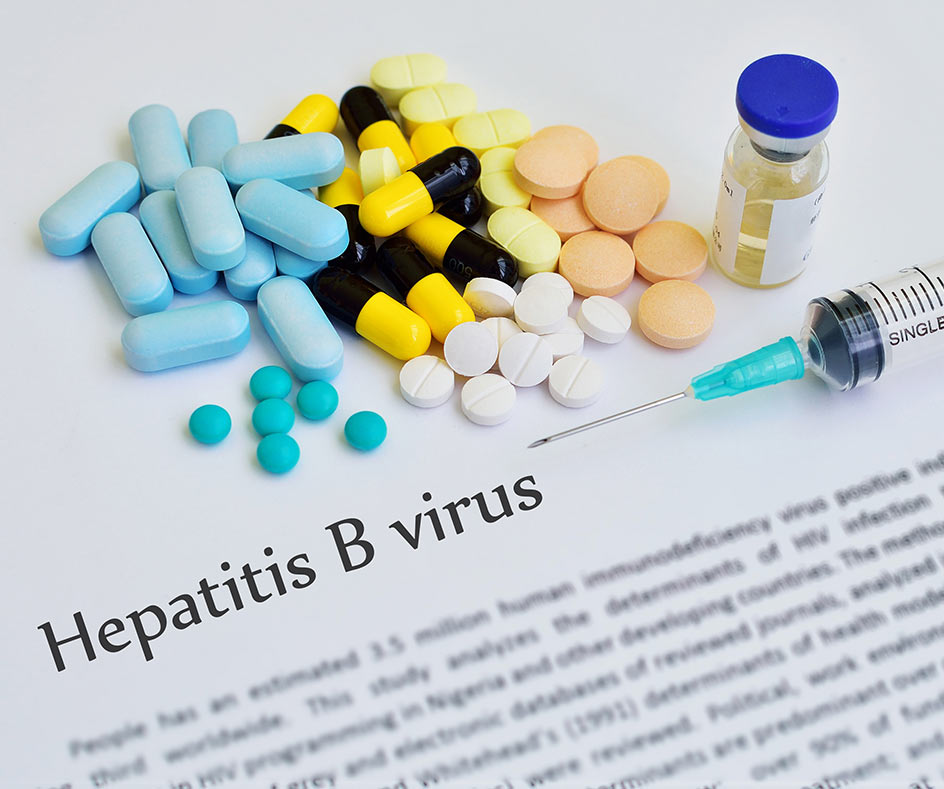
Hepatitis C infection may spread through contaminated medical supplies and blood during tattooing or body piercing with a non-sterile instrument or sexual intercourse. No vaccine is available for hepatitis C.
Hepatitis C is a viral infection carried in the blood and often affects the liver.
Hepatitis C infection occurs from filters, sharing spoons and contaminated needles for injecting drugs. Engaging in unsafe sexual intercourse can cause hepatitis C infection, including transmission from mother to child during childbirth.
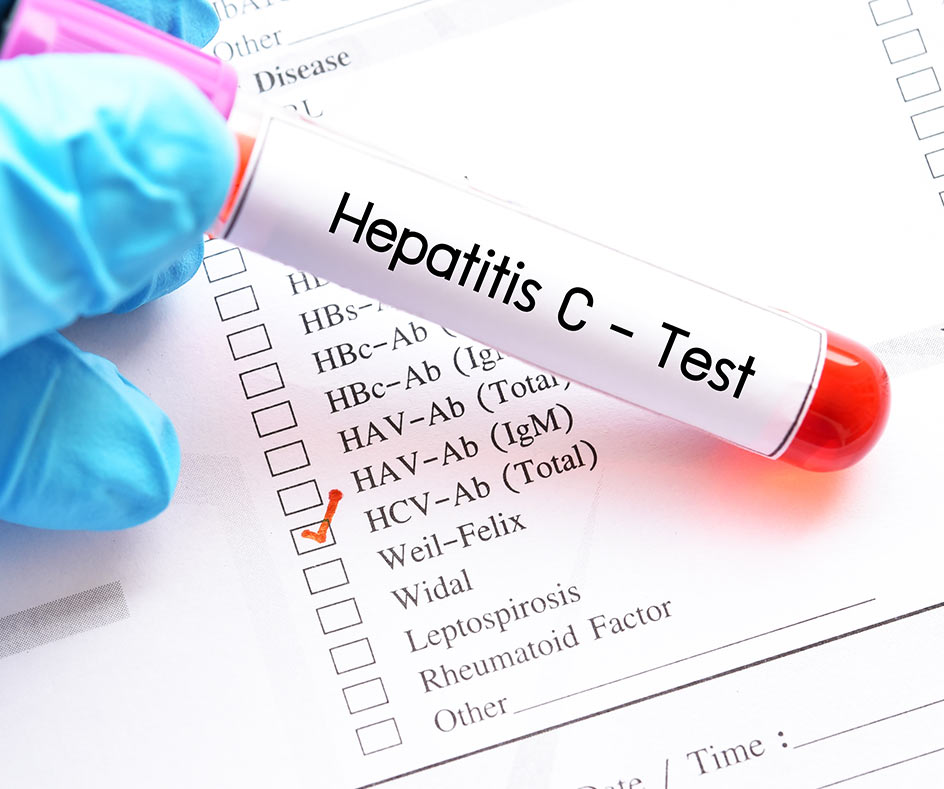
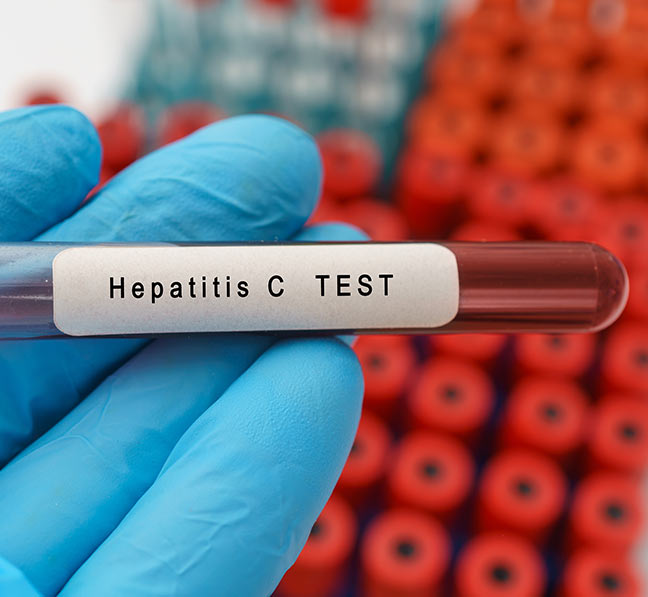
Many people with hepatitis C do not experience symptoms, but others experience non-specific flu-like symptoms, pains, joint aches, tiredness and nausea. Some infected people remain well with no liver disease, and others develop long-term health issues that require ongoing treatment.
Hepatitis C diagnosis requires a simple blood test. You should take the test at least one month after exposure to the infection.
An early detection test is also available, which can detect hepatitis C infection after ten days of exposure, but the test isn’t 100% accurate, and you need a follow-up screening after a month.
The doctor will email you your hepatitis C result after reviewing it. This may take 1 – 2 days. If your result is positive, ensure you visit the clinic to discuss your results and get the necessary treatment and care.
Several treatment options are available for hepatitis C infection. The treatment requires a specialist, and we can offer you a referral to discuss your treatment.
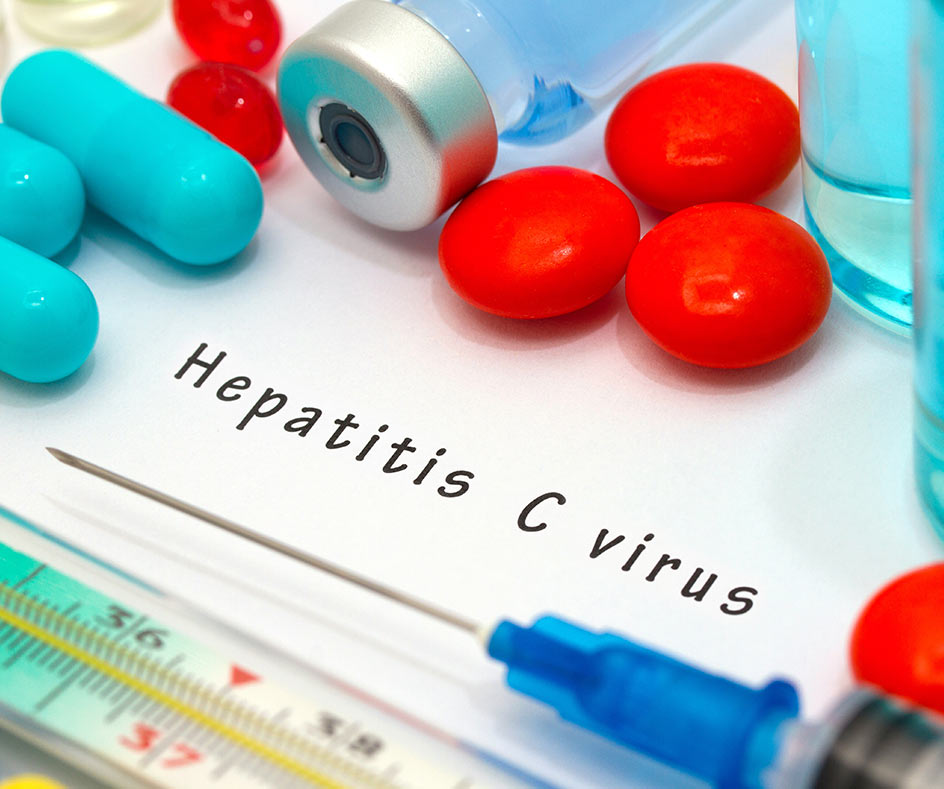
We offer hepatitis testing packages. They include:
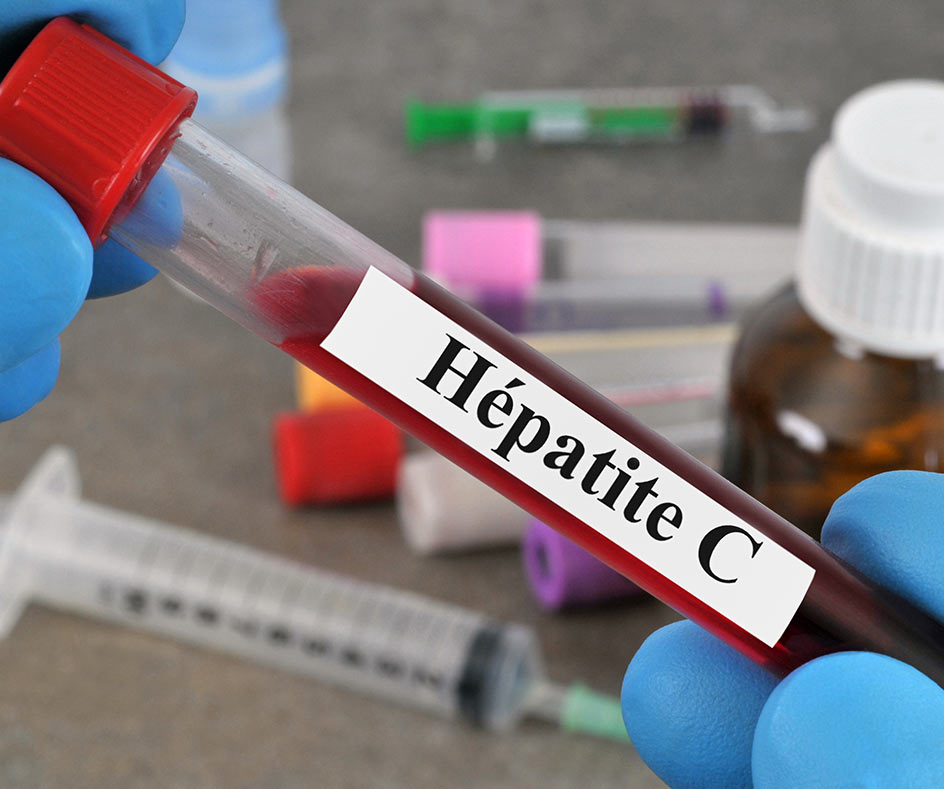

You can contact GP London on 020 7043 4317 to book an appointment with our doctor for your hepatitis testing in South Kensington, London.